Trump threats won’t change US-Pak dynamic
The Asian Age published an article written by Neelam Deo, Director & Amit Bhandari, Fellow, Energy and Environment Studies, Gateway House

Senior Fellow, Energy, Investment and Connectivity
Energy: Trade, Markets, Geopolitics & Technology; Investments; Connectivity, Infrastructure, OBOR, BRI
 Courtesy:
Courtesy:
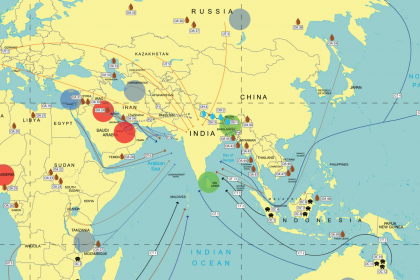 Courtesy: Gateway House
Courtesy: Gateway House
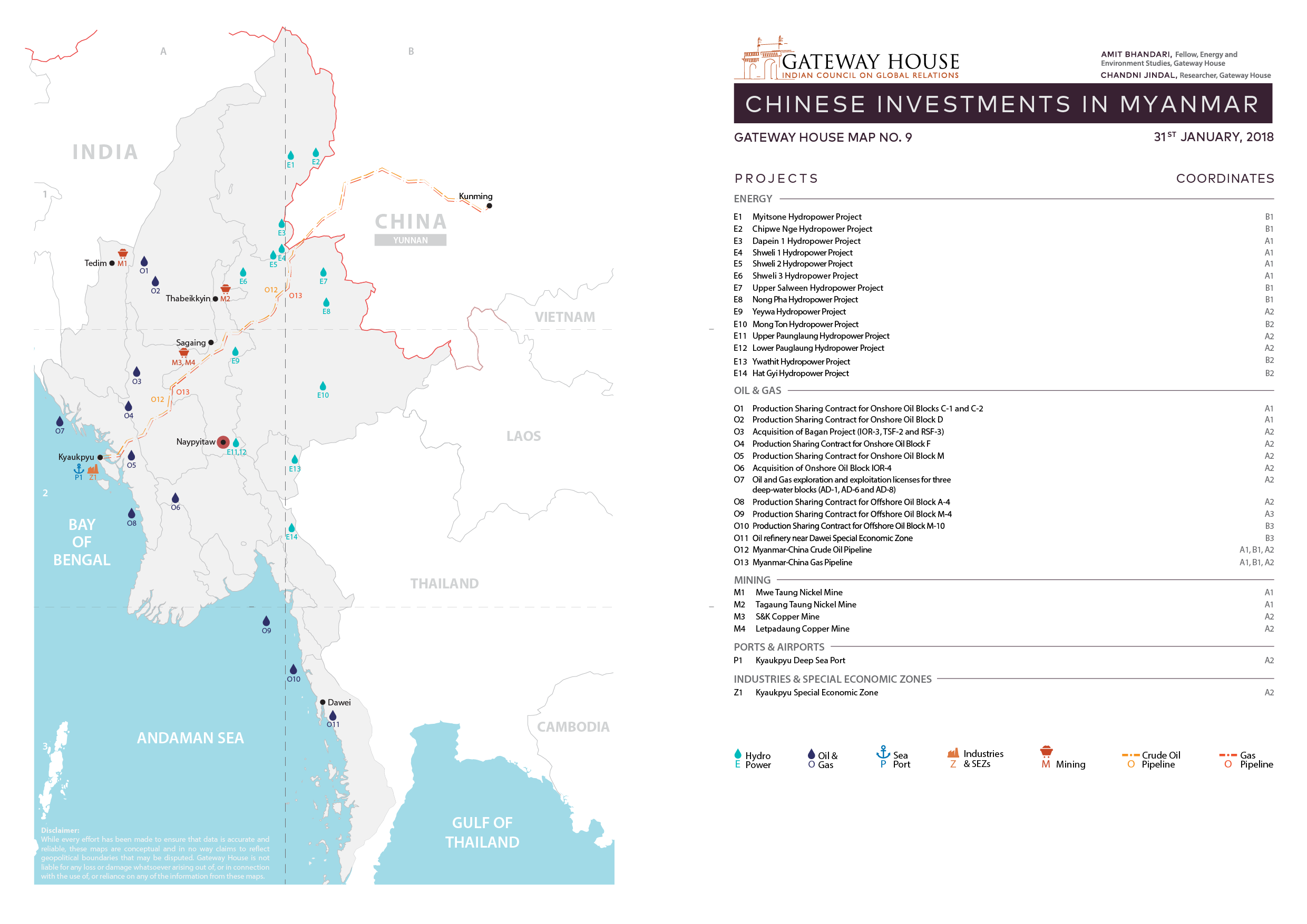 Courtesy: Gateway House
Courtesy: Gateway House
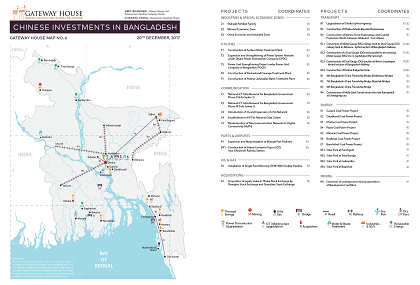 Courtesy: Gateway House
Courtesy: Gateway House
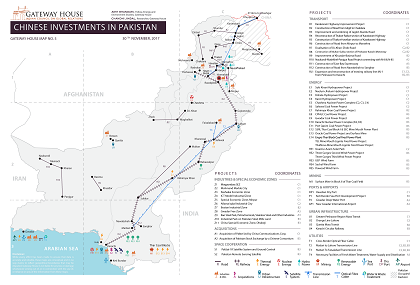 Courtesy: Gateway House
Courtesy: Gateway House
 Courtesy:
Courtesy:
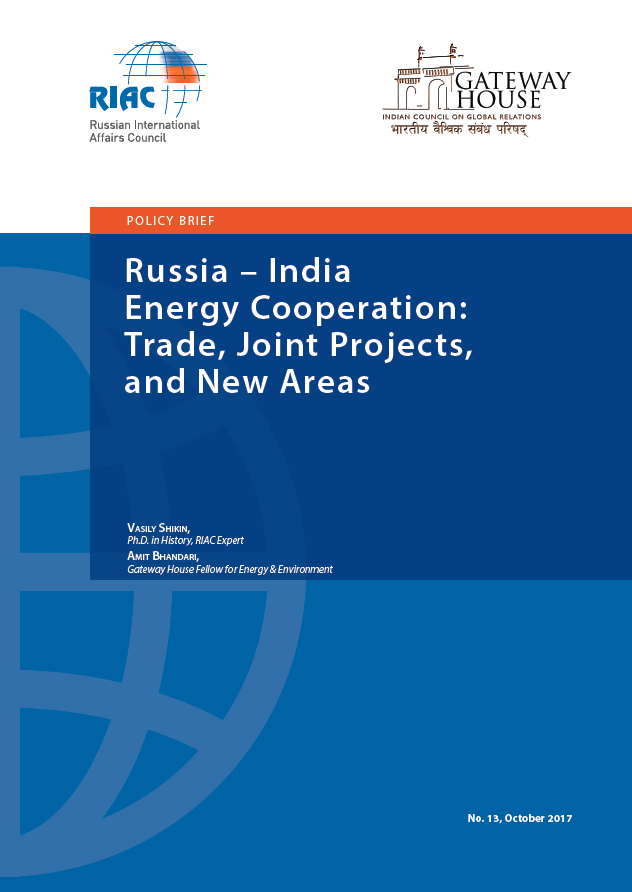 Courtesy:
Courtesy:
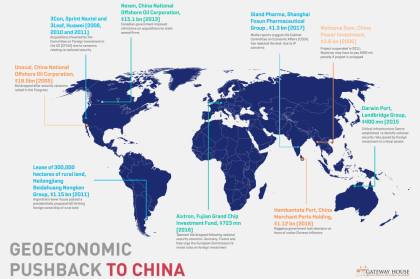 Courtesy: Gateway House
Courtesy: Gateway House
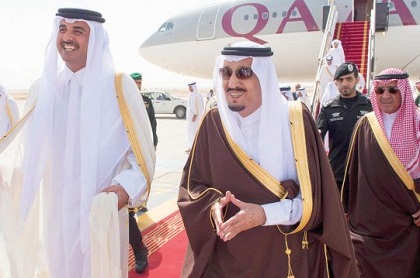 Courtesy: Asharq Al-Awsat
Courtesy: Asharq Al-Awsat
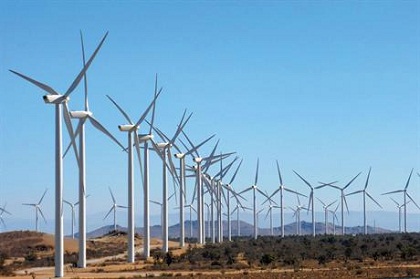 Courtesy: Wind Power Monthly
Courtesy: Wind Power Monthly
